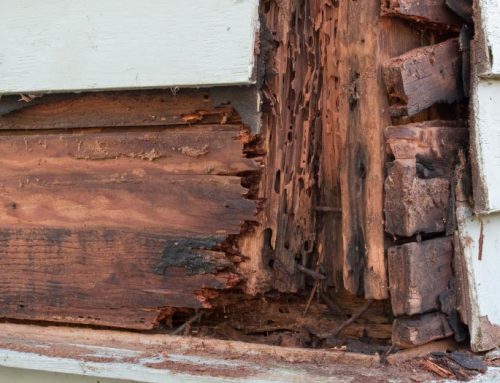Many homeowners associations often overlook the value of committees. While many Boards have very dedicated members that accomplish a great any things, sometimes their needs to be an extra set of hands even outside the property manager.
Homeowner committees are important in one sense that they embody the wants of the community and are outside the Board. A committee can take on a challenge and work in concert with the Board but without the litany of other concerns that often sap away the finite amount of time they can commit to any one item of business. While the Board concerns itself with the major items on the agenda and the day-to-day operation of the community, a committee can go over a particular item with a fine tooth comb.
There are many different types of committees typically in place in most homeowners associations, a few examples are: landscape committees, finance committees, recreational and community events committees and many more that are successfully in play in well established HOAs. Most of those are standing committee but a temporary committee can be tasked with a specific task and dissolved after its resolution. Lets say you community is looking to add a dog park and it just so happens one of the homeowners is a veterinarian. This would be an ideal candidate to chair a committee with other homeowners who may have construction experience. Ultimately the proper use of a committee can go a long way towards a project coming in on budget and being executed properly.
According to Wikipedia:
Committees are often formed to do research and make recommendations on a potential or planned project or change. For example, an organization considering a major capital investment might create a temporary working committee of several people to review options and make recommendations to upper management or the Board of Directors. Such committees are typically dissolved after issuing recommendations (often in the form of a final report).
Maybe your homeowners association Board needs to take a look a the internal talents and skills of its residents. It’s always a good idea to know your neighbors and what they may be able to bring to common table. A truly harmonious community is on where everyone works together to maintain home values and quality of life within their neighborhood.




